Unity Developers Express Outrage Over New Runtime Fee Policy
Unity, one of the most popular game development platforms, recently announced a new runtime fee policy, set to come into effect on January 1st, 2024. This decision has sparked a significant backlash from Unity developers, leading to extensive discussions and expressions of disapproval on social media platforms such as Twitter.
Policy Announcement and Details
On September 12, 2023, Unity proclaimed that starting from the next year, they would introduce a Unity Runtime Fee based on game installs. Alongside this policy, Unity promised to add cloud-based asset storage, Unity DevOps tools, and AI at runtime at no extra cost to Unity subscription plans from this November.
Developers’ Response
The announcement led to widespread discontent among the Unity game developer community. Many took to Twitter to share their disapproval and frustration about the new policies. A Twitter account, Game Studios Disappointed By Unity, posted a collage of tweets from game developers expressing their dismay. They accused Unity of disappointing its community and business partners and betraying them by not sharing crucial information. Due to the perceived mismanagement, some developers are reportedly changing their game engine.
A part of the collective message read:
Do you see them? Do you hear them? They are not confused. They are angry and disappointed, and that is for a good reason.
Unity’s Response and Amendments
In light of the uproar, Unity released a statement on September 17, 2023, acknowledging the confusion and angst caused by the new runtime fee policy and apologizing for the same. The statement assured that Unity was in talks with team members, the community, customers, and partners to make alterations to the policy.
Marc Whitten, the leader of Unity Create, voiced his regret, admitting that more discussion and feedback incorporation should have preceded the announcement of the new Runtime Fee policy. He reiterated Unity’s goal to continue supporting and investing in their game engine and addressed the concerns raised by developers.
To ease the discontent, Unity announced the following amendments:
- Unity Personal plan remains free, with no Runtime Fee for games built on it. The cap for this plan is increased from $100,000 to $200,000, and the requirement to use the “Made with Unity” splash screen is removed.
- No game with less than $1 million in trailing 12-month revenue will be subject to the fee.
- The policy will apply only from the next LTS version of Unity, shipping in 2024, sparing current projects unless they choose to upgrade to the new version.
- Developers can stay on the terms applicable for the version of Unity editor they are using, provided they keep using that version.
- For games subject to the runtime fee, developers have a choice between a 2.5% revenue share or a calculated amount based on the number of new people engaging with their game each month, being billed the lesser amount.
Concluding Thoughts
The controversy surrounding Unity’s new runtime fee policy reveals the intricate balance between developer needs and platform sustainability. Unity’s responsive amendments show a willingness to adapt and listen to the needs of their user base, reflecting a promising step towards harmonizing relations between Unity and its developers. It remains to be seen how these alterations will be received and whether they will succeed in quelling the current discontent within the developer community.

